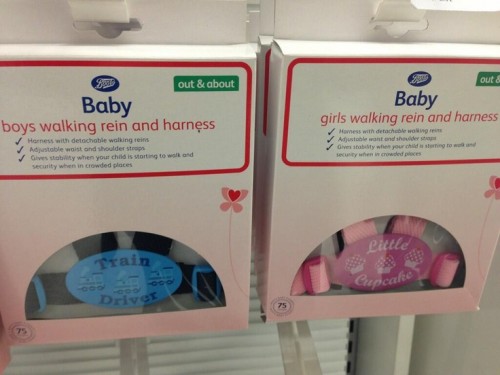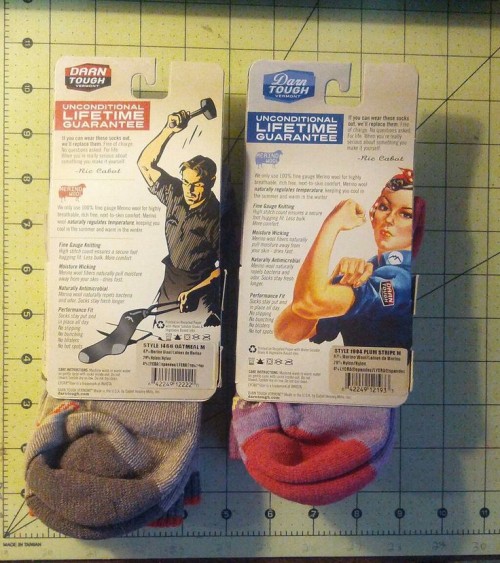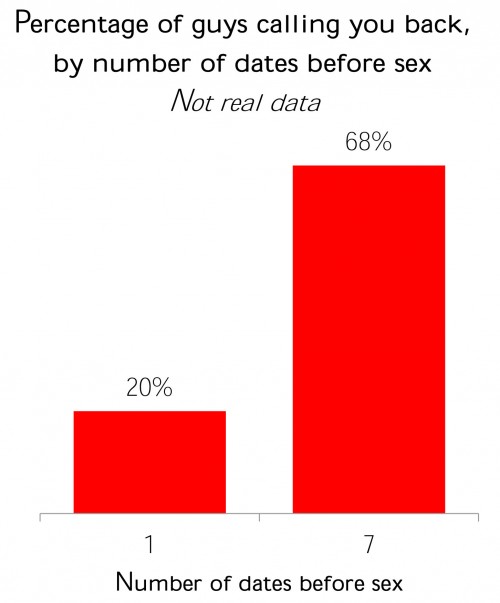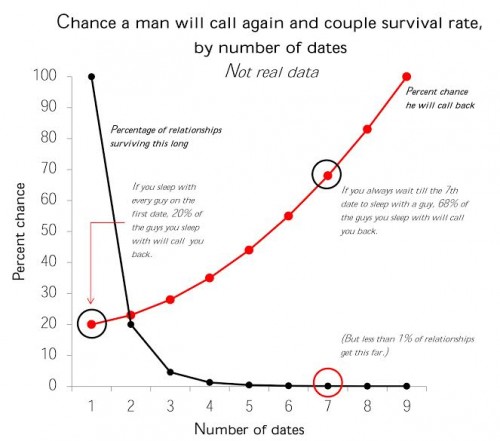It’s been a while since we treated our audience to a post featuring a collection of pointlessly gendered products. Time to correct our lapse in diligence! Here are some favorite examples we’ve added to our Pinterest board lately.
THE FOOD CATEGORY.
Pointlessly gendered endives:
Pointlessly gendered bread:
Pointlessly gendered eggs:
Pointlessly gendered sausages: 
Thanks @appledaughter, Lars F., @mamatastic, @day_jess, @jongudmundand, and @blessedharlot!
KID STUFF.
Pointlessly gendered tooth fairies:
Pointlessly gendered alphabets:
Pointlessly gendered child harnesses:
Thanks Sarah M., @day_jess, and @qaoileann!
GROWN-UP STUFF.
Pointlessly gendered socks:
Pointlessly gendered wrist support: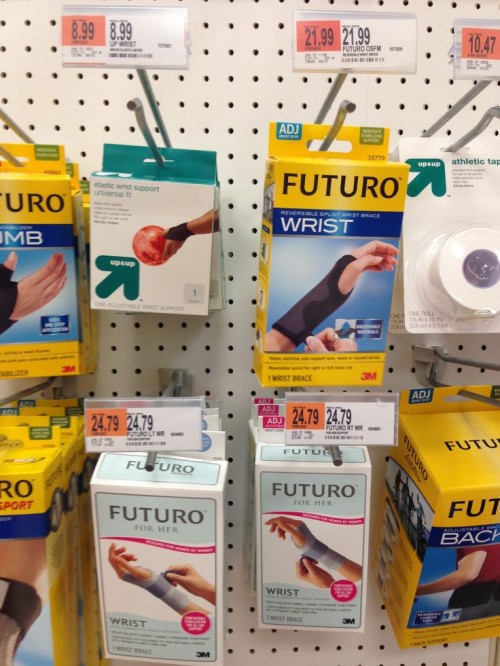
Bonus! Pointlessly gendered pet shampoo:
 Thanks Jen T., Lisa S., @nayohmei, and @doubleemmartin!
Thanks Jen T., Lisa S., @nayohmei, and @doubleemmartin!
That’s all for now! Check out the entire collection on Pinterest.
Lisa Wade, PhD is an Associate Professor at Tulane University. She is the author of American Hookup, a book about college sexual culture; a textbook about gender; and a forthcoming introductory text: Terrible Magnificent Sociology. You can follow her on Twitter and Instagram.





